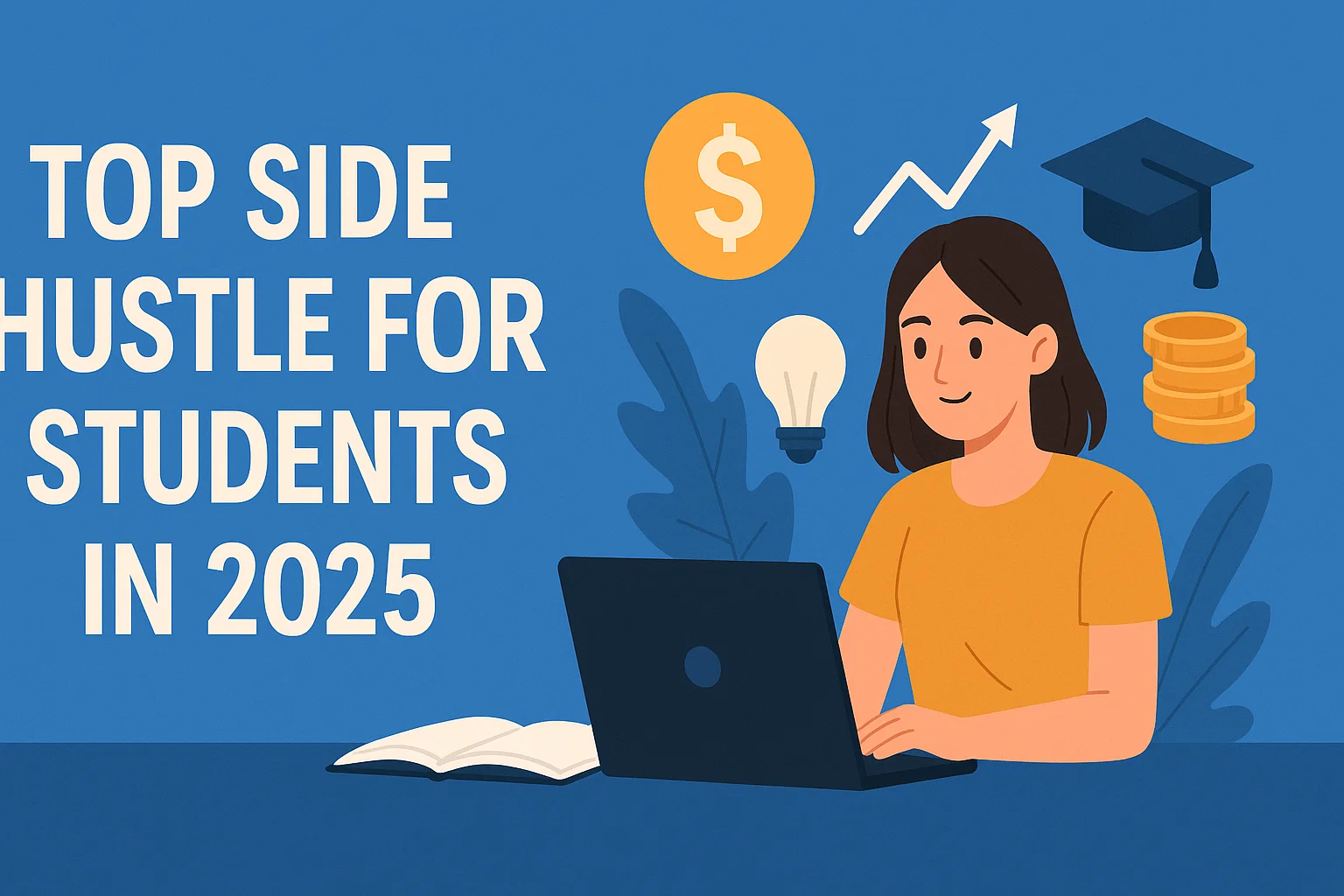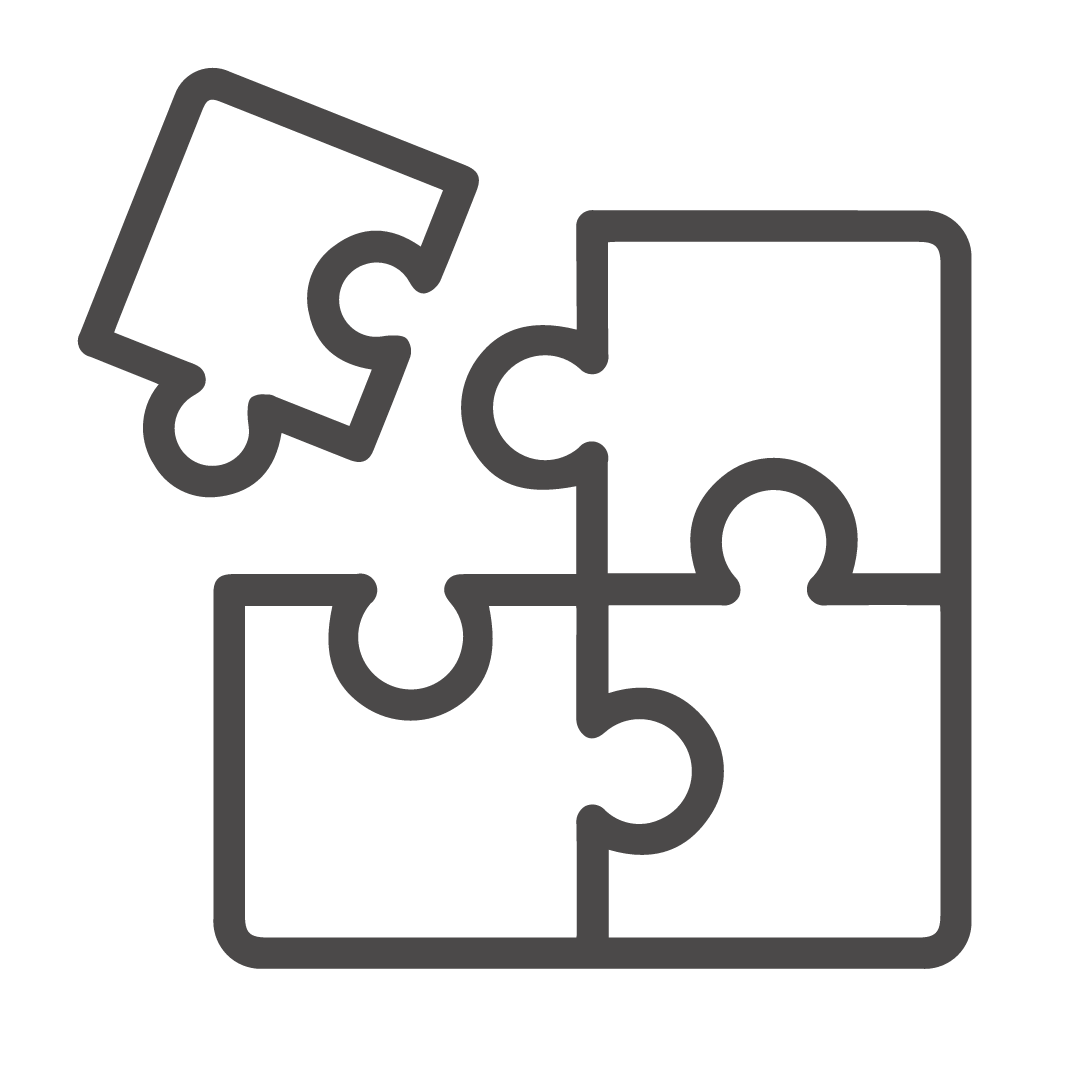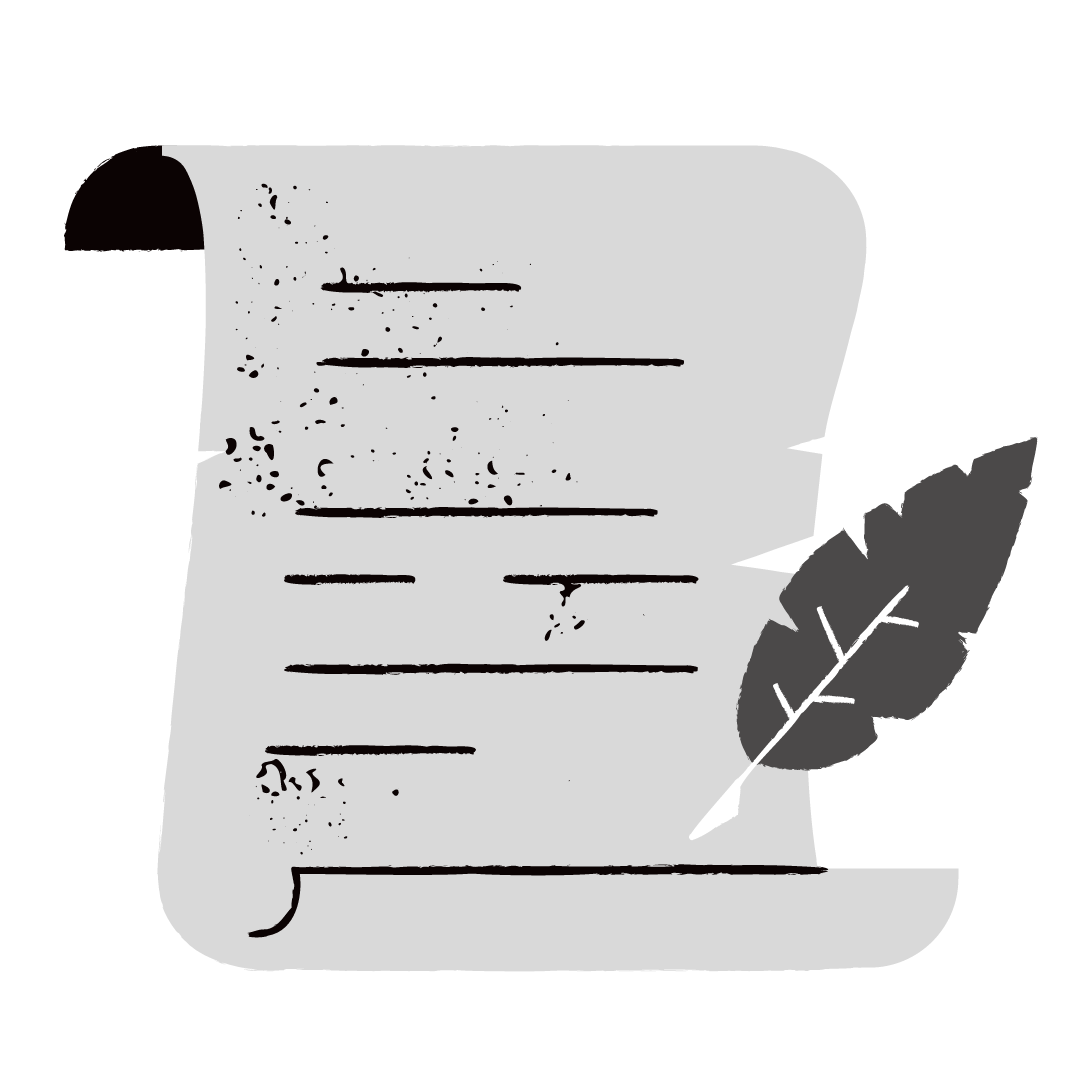
What Was Einstein's Idea of Education?

Albert Einstein's idea of education is founded on logic and reasoning, which is he acknowledged that education is not about memorizing or learning facts but instead thinking about ideas. The emphasis should be on ideas instead of facts. According to him is not about learning this fact, such as learning the year of battle or event, but understanding how the event started and why it all started. An Individual should learn whatever they like. The focus should be on thinking of new ideas to solve the problems that exist instead of just learning facts.
Why did Albert Einstein not want to learn facts and Dates?
According to Einstein, knowledge was not all about dates and facts but it was about content. He stated that knowing information and dates was all pointless as they could be cleaned from any book at any given moment. Studying facts was not a required component of schooling.
How interested were Albert's teachers in understanding and working on his potential?
The chapter Albert Einstein in School depicts Albert Einstein's biography and also focuses on his teachers and how they supported him. His history teacher, Mr. Braun, and Mr. Koch, his maths teacher, aided Einstein in realizing his full potential. Mr. Braun was not interested in understanding Albert Einstein and didn't work on his potential as Mr. Braun's believed in the traditional techniques and philosophy of education where the greater emphasis was given to knowledge acquisition. On the other hand, Mr. Koch was interested in maximizing the potential of Albert Einstein as he admired Albert's brilliance. Though he had a limited notion regarding Alberts's brilliance as a Math prodigy and didn't understand much about the kind of person Albert Einstein was. Mr. Koch believed that Albert himself would be able to teach his teachers.
Read also: Who Preached the Idea of Untouchability and Child Marriage
Which teacher asked Einstein about his theory of education?
Mr. Braun, who was a history teacher, asked Einstein about his educational perspective.
What was the history teachers' ( Mr. Braun) opinion of Albert Einstein?
When Albert Einstein expressed his views on education, that it was not about facts but ideas that should be more significant than learning facts, his history teacher formed a low opinion of him. He was enraged on hearing Albert's answer and said that "Albert is an ungrateful young man who should be ashamed of himself."
What was Mr. Braun speechless after hearing Albert's answer? How did he punish Albert?
Albert Einstein was asked a question by Mr. Braun asking about the year the prison destroyed the French at the Battle of Waterloo. Albert couldn't answer, and that is why he asked Einstein why he still doesn't remember the dates despite having been told numerous times by the teacher. To this, Albert remark that studying dates and facts were pointless. This answer made Mr. Braun speechless. After hearing his response, Mr. Braun became enraged, and he didn't want to lecture Albert. He described Albert as a shame and then made him stay in for an extra period as a punishment.
FAQs:
Education is the process of educating the mind to think, not just memorizing facts
The equation E = mc2, which asserts that mass (matter) and energy are the same thing but in various forms, is the one for which Albert Einstein is best known. In addition, he is credited with discovering the photoelectric effect, for which he was awarded the 1921 Nobel Prize in Physics.
Albert Einstein is credited with saying, "Education is not the learning of facts, but the training of the mind to think."
According to history, Einstein never took an IQ exam. That being said, it is reported that he received an estimated score of 160, which is rather high.
Though best known for creating the theory of relativity, Einstein also made significant advances in quantum mechanics. As a result, he played a key role in the dramatic transformation of contemporary physics' understanding of nature during the first few decades of the twentieth century.






















